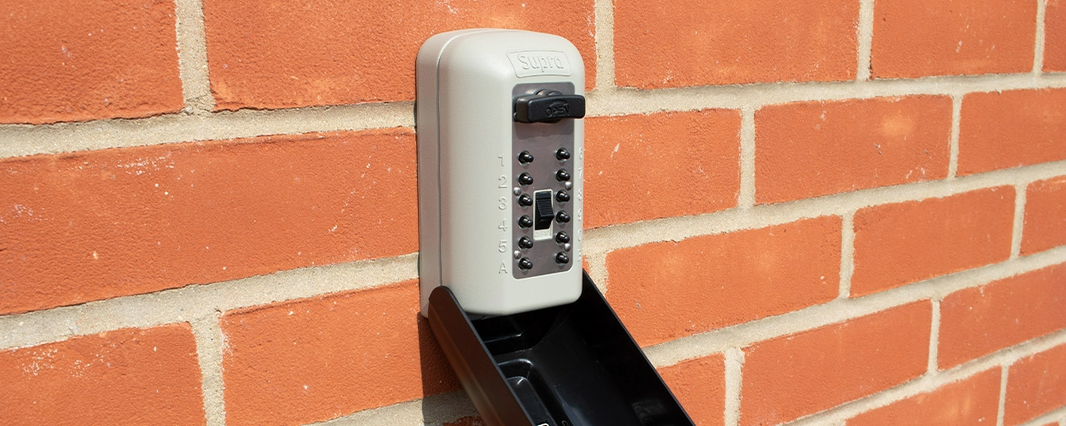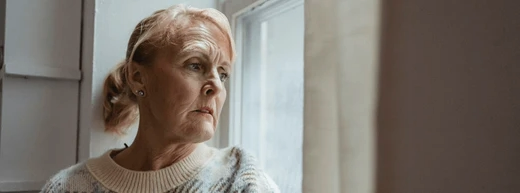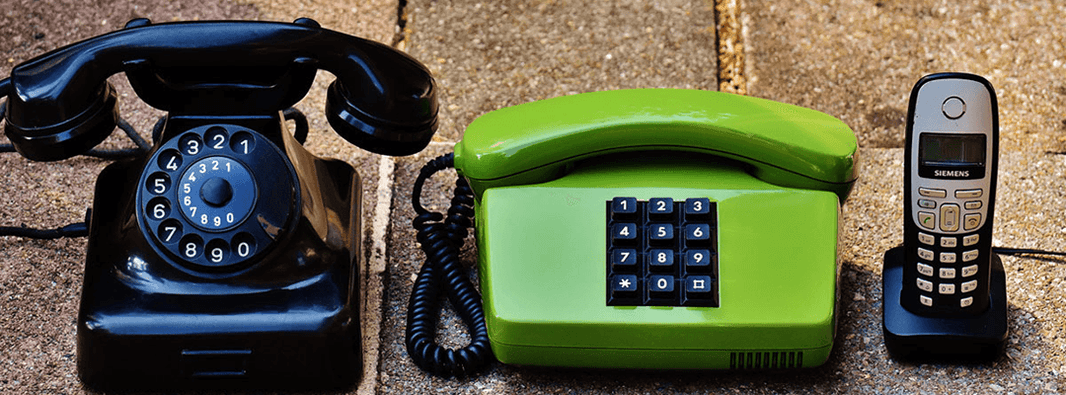Regardless of where you are in life, gardening can be a fantastic hobby to get involved in. For retirees, it can provide a means of filling all the spare time you now have. For everyone, it can be a means of keeping happy, healthy, and disciplined. However, gardening can be intimidating at first. To help you get started with gardening, we have compiled this guide.
Why Try Gardening?
There are several advantages we can gain from gardening. It is good for our bodies and our minds and can benefit nature, too.
The physical nature of gardening, with digging, lifting watering cans, and otherwise moving around the garden, can help to build muscle and burn fat. This makes gardening a rewarding workout that will leave you feeling healthier and fitter. If you have mobility issues, taking up gardening could be what you need to get stronger and more stable on your feet.
Mental health benefits from gardening too. A 2020 study found that gardening reduces stress, anxiety, and depression symptoms. This can be linked to increased endorphins from engaging in physical activity, as well as the sense of accomplishment that comes from growing your own plants. It has even been discovered that gardening can reduce your risk of dementia by 21%.
Finally, there are the ways gardening can help the environment. One of the main benefits of gardening is the increase in plant life, which can help to offset carbon emissions. The more trees, shrubs, and flowers you grow, the more carbon dioxide they can absorb. Your plants will also benefit the soil, adding moisture and nutrients that helps other life to flourish. Insect life can thrive in a garden, especially bees and other pollinators, which are crucial to the survival of our ecosystems.
How to Get Started with Gardening
If you’ve decided to try your hand at gardening, it’s important to know where to start. You’re unlikely to jump straight to high maintenance plants such as azaleas and poinsettias. The question, then, is what do you need to know to get started?
Know Your Garden
The characteristics of your garden will determine what can grow there and where your plants can grow. Determine which areas receive the most sunlight and whether your soil is acidic or alkaline. You may already have wildflowers in your garden and identifying these can help you identify the best types of plants for your soil.
It’s worth remembering that the plants you grow could contribute to the shade in your garden. Therefore, areas that get a lot of sun now might get less once you add trees or shrubs. Keep this in mind when planning your garden.
Beyond the immediate confines of your garden, you should also consider the weather for your area. Are you likely to get regular rainfall? Does it get particularly windy? Different plants will grow best in specific conditions.
Learn to Plant
Before you can get started filling your garden with beautiful plants, it’s best to get some practice. Growing a few potted plants and learning how to transfer them to new containers is a great first step. You can choose to use soil from your garden, or you could buy some especially for the task. If you purchase a pack of seeds, they will usually provide instructions that help you get the best results. For example, some seeds need to be planted deep in a container whilst others should remain close to the surface.
If you are keeping plants in pots, you will need to provide them with plenty of nutrients. Compost will run out within six weeks, so add fertiliser or plant feed to keep your plants healthy.
The Royal Horticultural Society (RHS) has a guide to sowing seeds indoors.
Plan What You Want to Grow
When you feel comfortable with the process of planting and potting your own plants, it’s important to think ahead. What do you want to fill your garden with? Where will you be placing the plants? Some plants may grow better alone than with others or vice versa.
Research the types of plants that can grow in your garden and determine whether they will look good together. You don’t want your garden to appear haphazard; it’s important that it reflects the care you have taken to create it.
Another thing to consider is whether you want to grow aesthetic plants only, such as flowers and shrubberies, or whether you want plants that can provide. Vegetables and fruit trees, though sometimes requiring additional care, can offer an additional sense of accomplishment when they turn out as intended. Plus, you can benefit from the health boost from your homegrown food.

Start Small
It’s important to know your limits. It’s no use taking on a huge garden project if it’s going to overwhelm you. Instead, work on one plot at a time, taking it a little bit at a time. The less plants you are trying to grow at one time, the more focus you can give to them. This will increase the likelihood of your plants growing healthy and vibrant.
It can also help prevent you from overexerting yourself. Gardening safety is crucial when you are getting started.
Gardening Safety
Many people overlook how much activity is involved in gardening. However, it can be a tiring hobby, requiring lots of lifting and bending. For elderly gardeners and those with disabilities, it may be necessary to take breaks or use different methods. Fortunately, there are gardening gadgets available that can make the job easier.
One of the best options is an adjustable garden seat. It can be used as something to kneel on, offering more comfort than the ground, as well as somewhere to take a break whilst doing jobs around the garden. Many also come fitted with bags for your tools.
You can find out about other helpful gadgets in our guide to gardening tools for the elderly.
Additional Peace of Mind from Careline365
If you want to get into gardening but you’re worried about your own wellbeing, it could be reassuring to invest in a personal alarm from Careline365. With a Careline alarm, help is available when you need it. All it takes is the press of a button.
We offer a range of personal alarms to suit your needs, including fall detectors and GPS alarms. When activated, they send an alert to our professional 24/7 Care Team, who inform your emergency contacts that help is required, providing peace on mind for you at home. With a minimum 100m range, our alarms will even work in the garden, so if you have a fall help is still available.
To find out more about the Careline365 alarm service, read our in-depth guide. If you have any further questions about our products, please do not hesitate to get in touch by calling on 0808 304 4202. Our team will be able to provide the information you need. For additional safety at home, buy your Careline365 alarm today.









